Social services are designed to improve the wellbeing of persons within the community who may be in vulnerable or in disadvantaged situations. This Award honours social services programmes that foster social inclusion in the community, ensuring that persons in vulnerable situations are supported and fully included, responding to their unique needs and preferences.
From Farm to Table – Lessons from the 300 Least Developed Settlements of Hungary
Organisation: Hungarian Charity Service of the Order of Malta
Country: Hungary
Website: https://fete.hu/
This project supports Hungary’s 300 least developed settlements, targeting 300,000 people, including a significant Roma population. These communities face multiple challenges, such as housing issues, poor health, and ethnic exclusion. The initiative teaches basic gardening skills and provides seeds to help participants grow vegetables at home and in community ‘model gardens.’ The project aims to improve livelihoods by enhancing work habits, offering healthier food, and creating financial savings. Surplus produce is sold through a social enterprise, including a café in Budapest, where community members interact with urban customers, boosting their confidence and motivation. Currently, 2,866 people in 96 settlements are involved, with notable improvements in work skills, social integration, and financial savings, contributing to community development and inclusion.
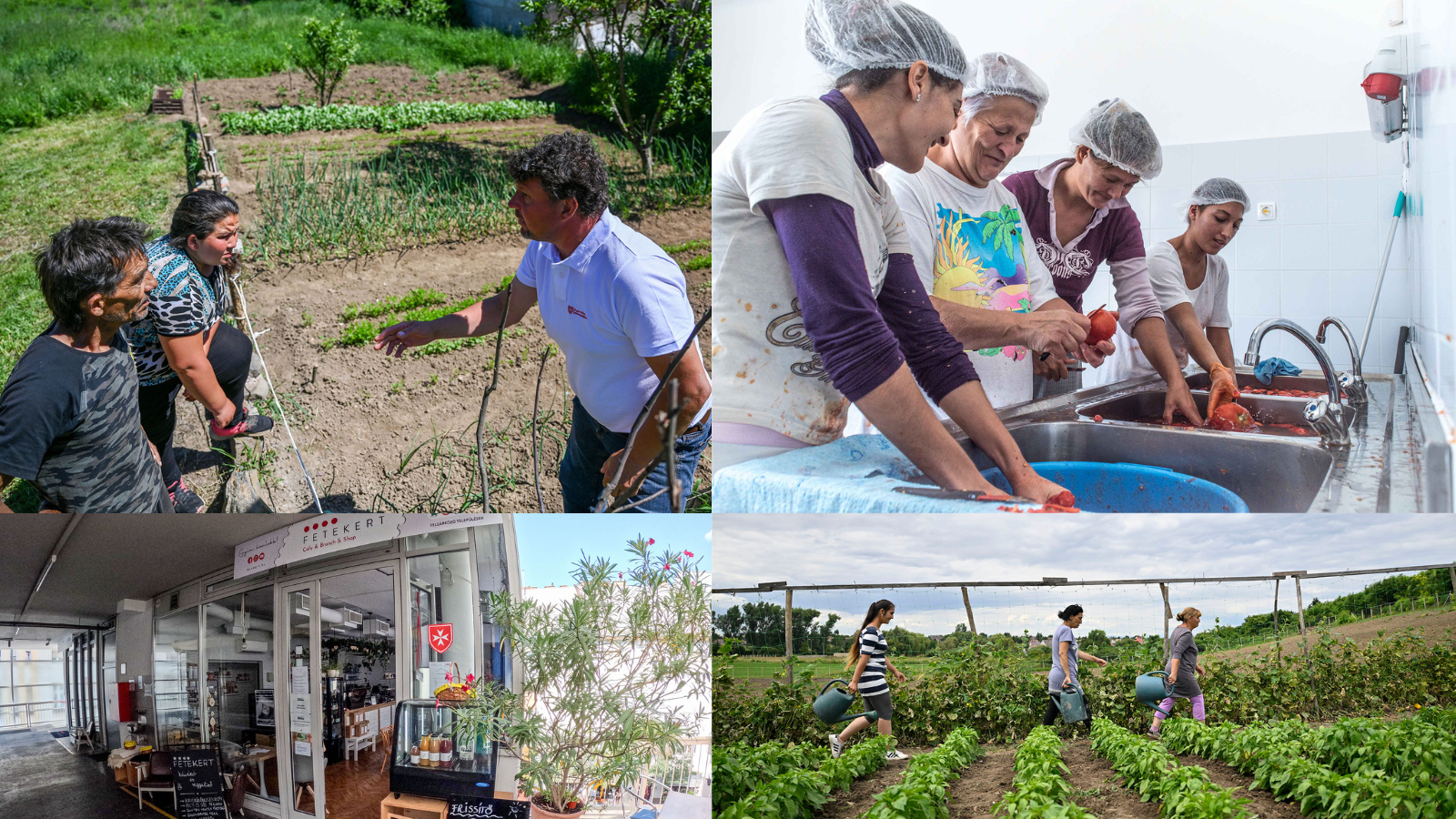
In-house Social Services Programme ‘I Believe in the Unbelievable’
Organisation: Valakampiai Social Support Facility (City of Vilnius)
Country: Lithuania
Website: https://www.valakampiuspn.lt/en/
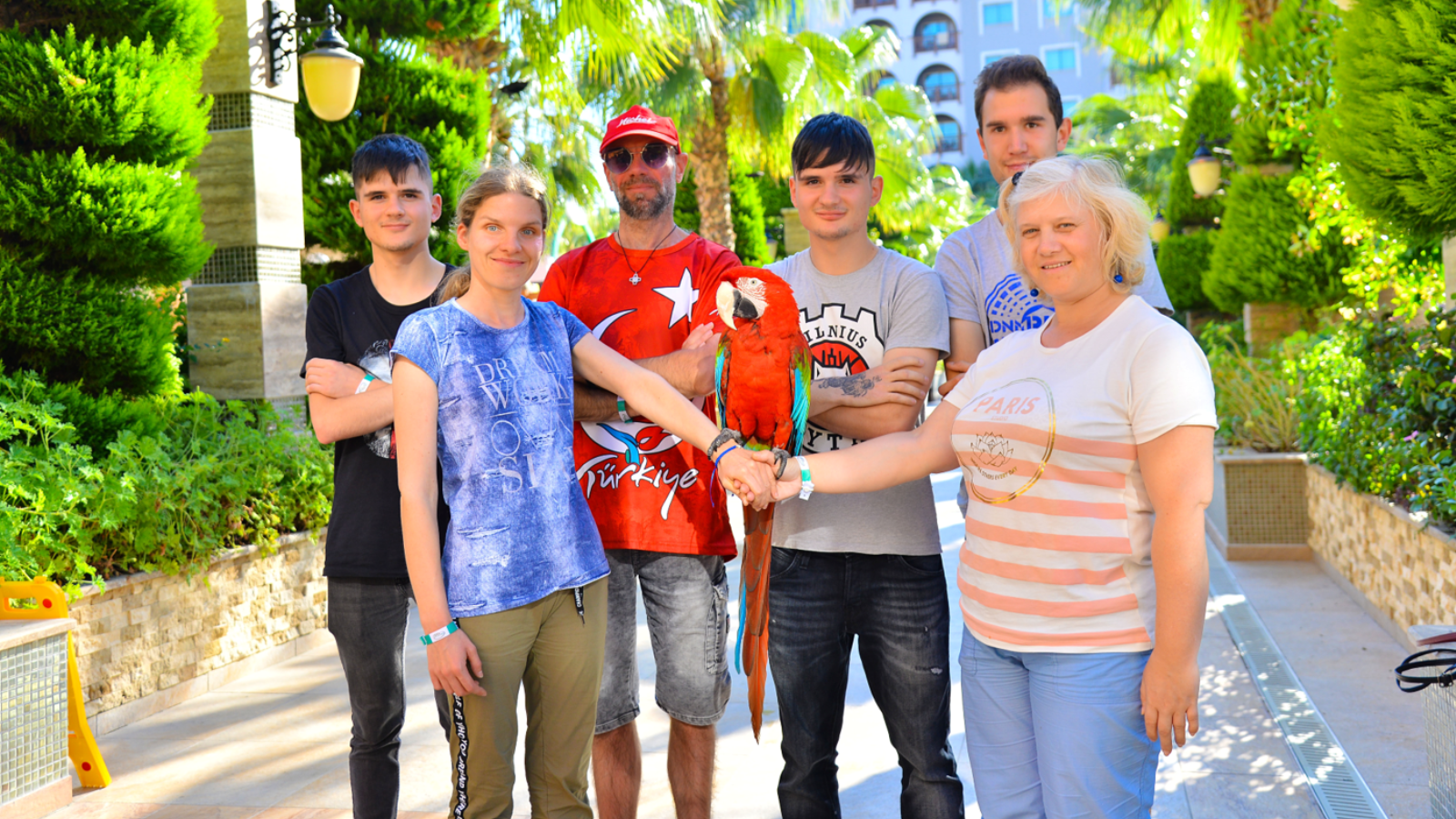
The “I Believe in the Unbelievable” project tackles stigma and social exclusion experienced by individuals with intellectual disabilities by focusing on their empowerment and integration into the community. It addresses negative societal attitudes that often lead to discrimination, low self-esteem, and internalised stigma. The project emphasises person-centred support, helping individuals pursue personal goals, gain independence, and enter the labour market. The project promotes inclusive attitudes and greater understanding through community education, employer training, and public awareness campaigns. Both quantitative and qualitative data indicate significant improvements in participants’ quality of life, confidence, and self-representation skills.
Transforming Senior Centers into Civic and Community Centers
Organisation: Department of Social Rights and Inclusion, Directorate General of Civic and Community Action, Catalonia
Country: Spain
Website:https://dretssocials.gencat.cat/ca/serveis/equipaments_civics_i_activitats/casals_civics_i_comunitaris/index.html https://dretssocials.gencat.cat/
The Catalan Government’s civic and community centres serve as essential community hubs, providing resources and services to improve quality of life. Open to all, these centres encourage intergenerational living, community empowerment, and citizens participation. The transformation of only senior centres into multigenerational civic centres meant that the centres are now versatile spaces for all ages, promoting social inclusion, and training staff to manage these new dynamics. This shift has converted 85 senior centres into civic and community centres offering diverse activities and programmes for all age groups, where activities for mixed age groups are favoured. By 2023, 36,734 new participants from different age groups had joined, demonstrating the programme’s success in building a more connected and inclusive society in line with the Sustainable Development Goals.
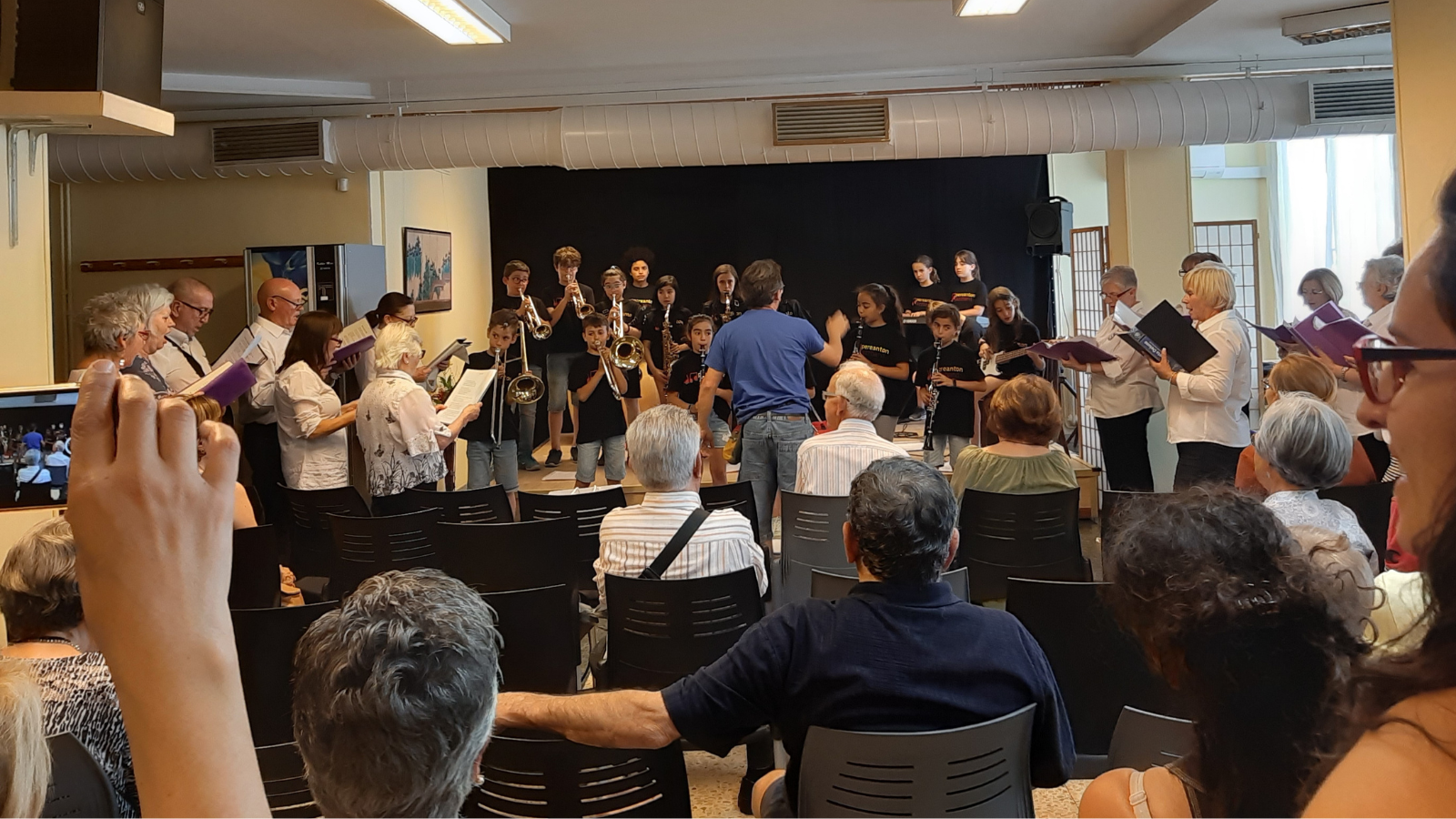
CONCORDIA Day Care Centres
Organisation: CONCORDIA Humanitarian Organisation (CONCORDIA Romania)
Country: Romania
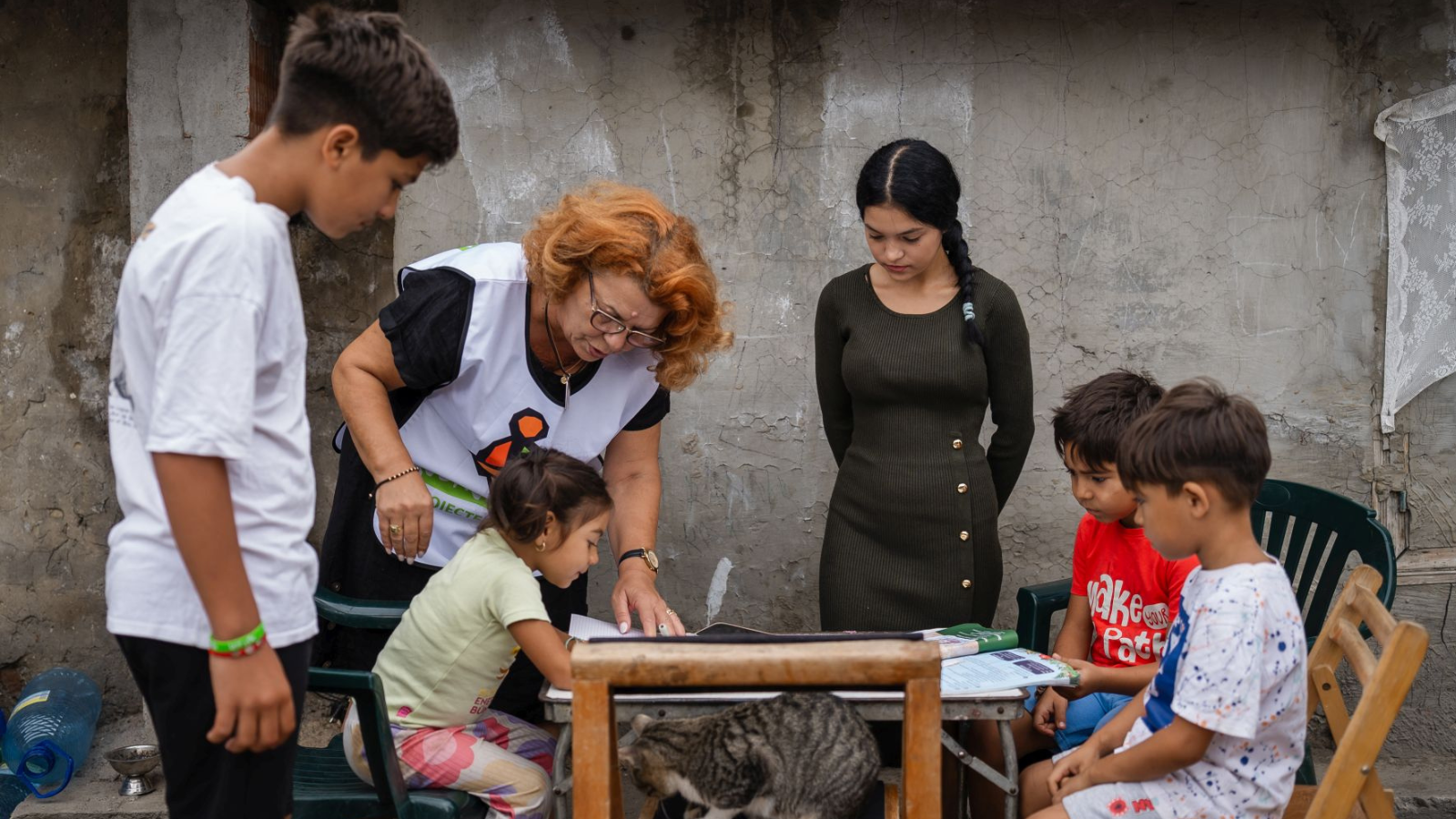
Romania’s child poverty rate is the highest in the EU, with 36% of children at risk of poverty or social exclusion. In rural areas, severe food insecurity and high school dropout rates compound the issue, leaving many children without essential resources and support. CONCORDIA’s Day Care Centres address this crisis through comprehensive community programmes. The centres, located in Ploiești and Odobești, offer daily hot meals, educational support, life skills development, and psychological counselling to children and families in need. They also provide healthcare and facilitate families’ access to rights and services. In 2023 alone, the centres supported 161 children and 941 of their family members, improving school retention and family stability. Over four years, the programme has positively impacted 195 children and 1,733 adults of their family members, demonstrating its effectiveness in fostering inclusive, supportive communities.
Good Life through Good People: Supported Home ‘Salcia’
Organisation: ASSOC – Nongovernmental Professional Association of Social Assistance
Country: Romania
Website: ASSOC – Asociatia ASSOC Baia Mare – Promotor al Economiei Sociale
‘Salcia’ supported home relocated 40 adults with severe intellectual disabilities from large institutions to smaller, community-based homes where they receive personalised support from a multidisciplinary team, including social workers, psychologists, and physiotherapists. The project focuses on social inclusion, independent living, and vocational training, supported by strong partnerships with local organisations. Evaluations show 100% satisfaction from residents, who report enhanced quality of life and better social integration.
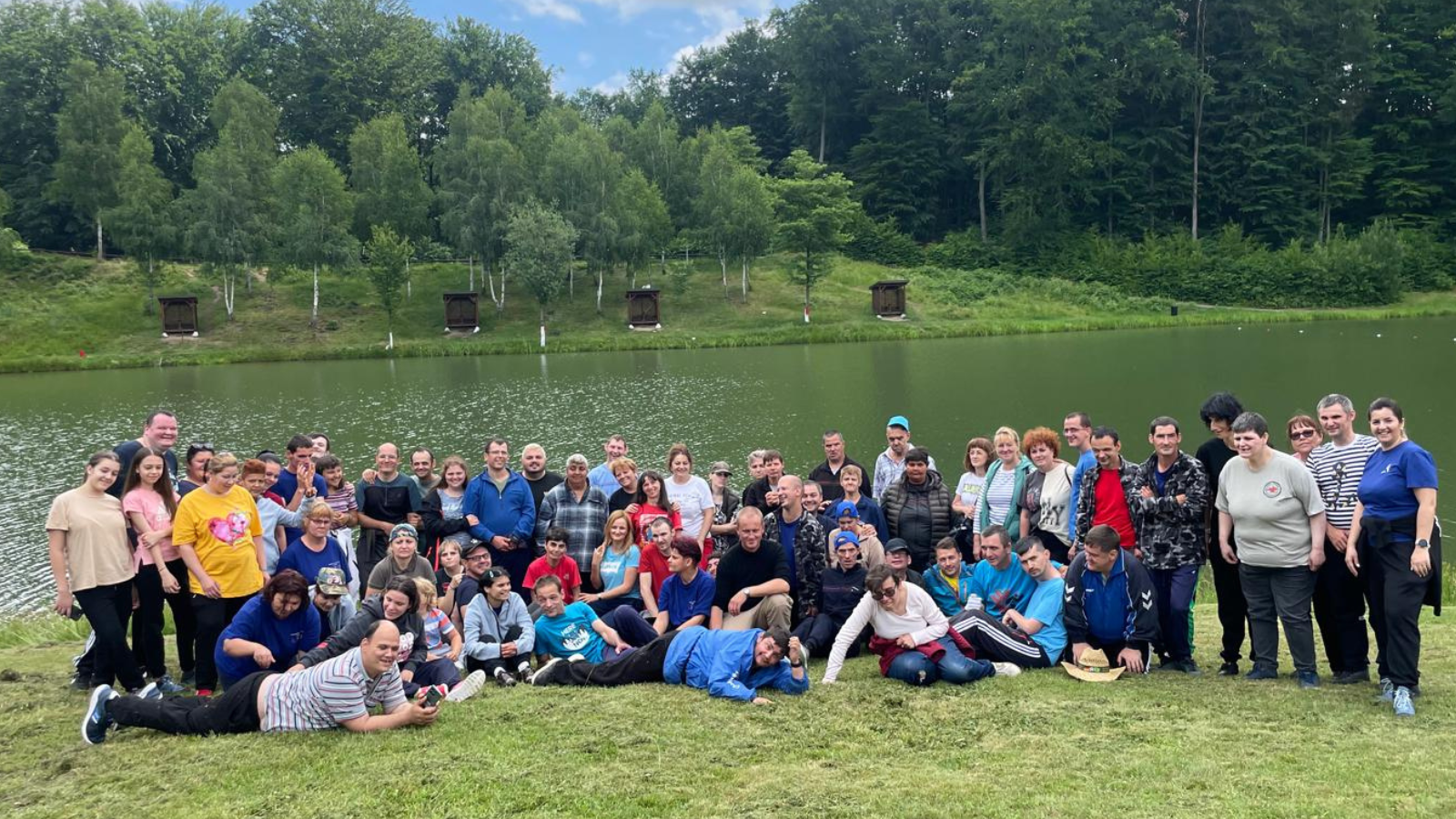
Ability@Work
Organisation: Cope Foundation
Country: Ireland
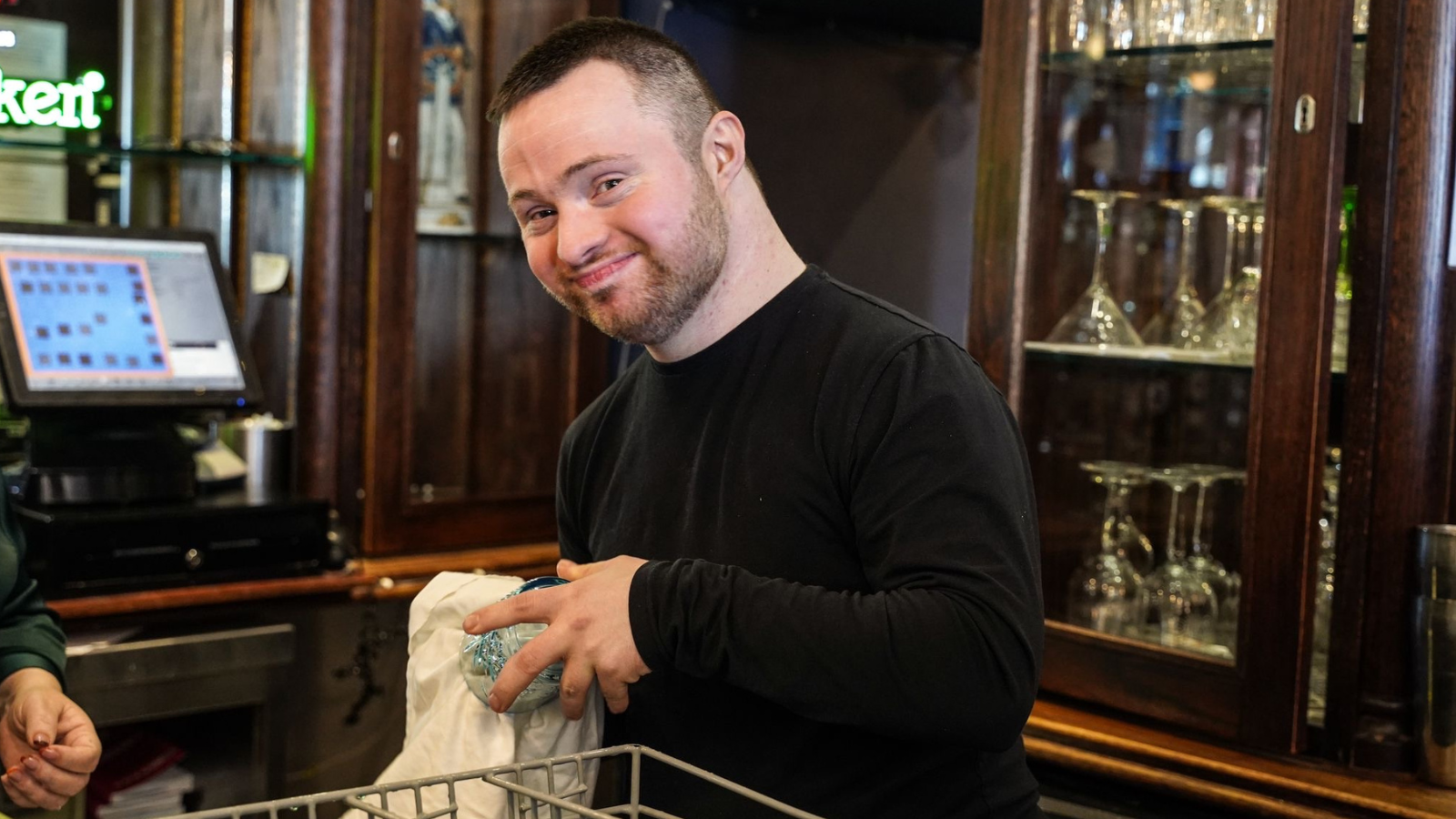
The Ability@Work project addresses the significant barriers faced by individuals with intellectual disabilities and autism in accessing paid employment. Based in Cork, Ireland, this initiative connects job seekers with employers while providing tailored support, including job coaching and disability awareness training for employers. By matching skills with the right opportunities, Ability@Work empowers individuals to achieve meaningful employment and independence. Since its launch, the project has supported over 200 persons with intellectual disabilities, with more than 65% successfully securing paid employment, setting a new standard for inclusive employment practices.
REACH_U 2.0 tackles the challenges faced by vulnerable populations in Lisbon and Amadora, including people with drug addiction issues and those experiencing homelessness. The project brings decentralised healthcare directly to these communities, providing on-site STI and hepatitis testing, treatment, and follow-up care. By using a peer-led approach and offering financial incentives, REACH_U 2.0 ensures that individuals receive necessary care without leaving their daily environments. To date, the project has significantly increased access to healthcare, supporting over 1,000 people, reducing barriers, and improving health outcomes among marginalised groups.
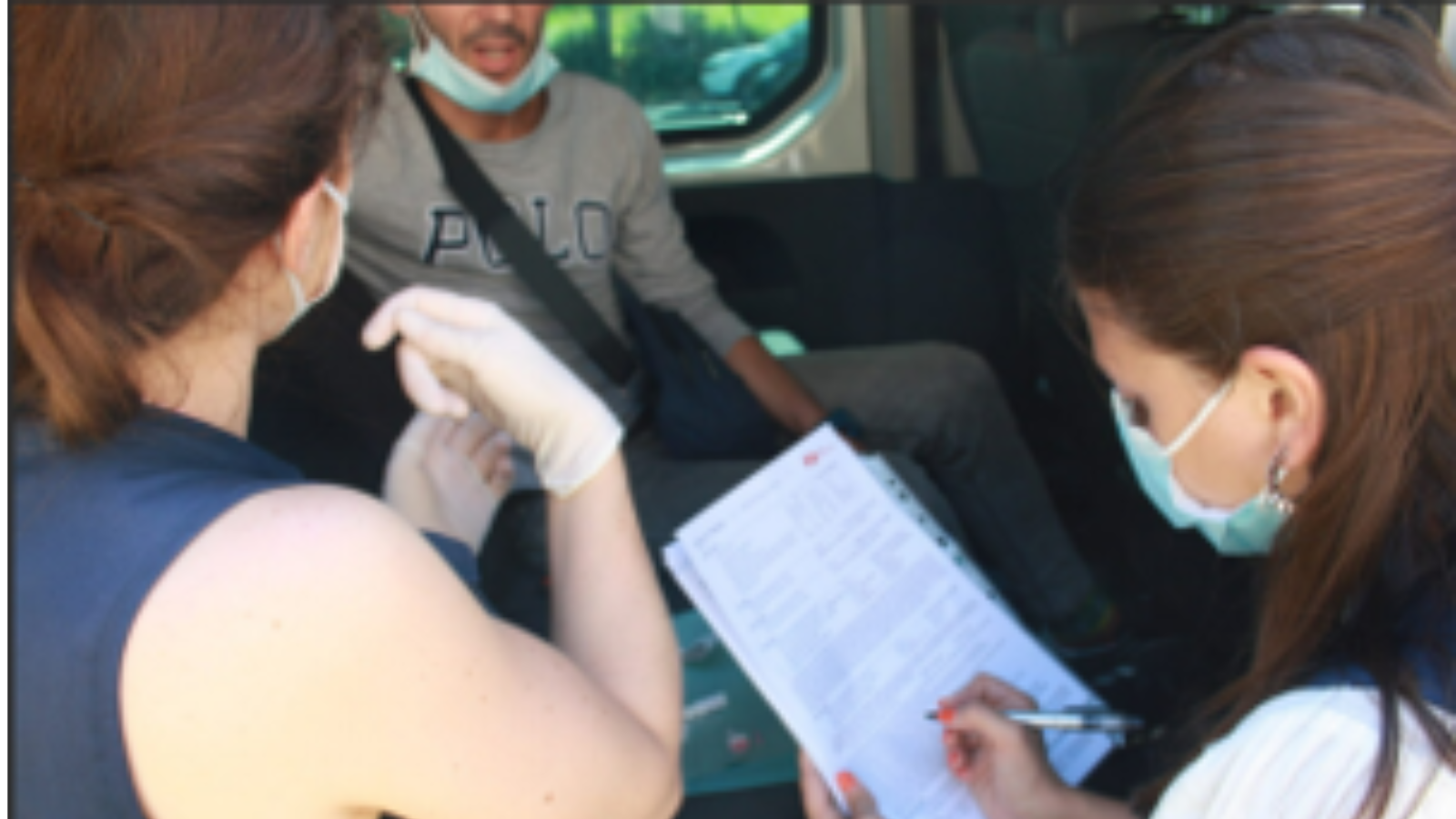
The NDTI Small Supports Programme
Organisation: National Development Team for Inclusion (NDTI)
Country: United Kingdom
Website: https://www.ndti.org.uk/
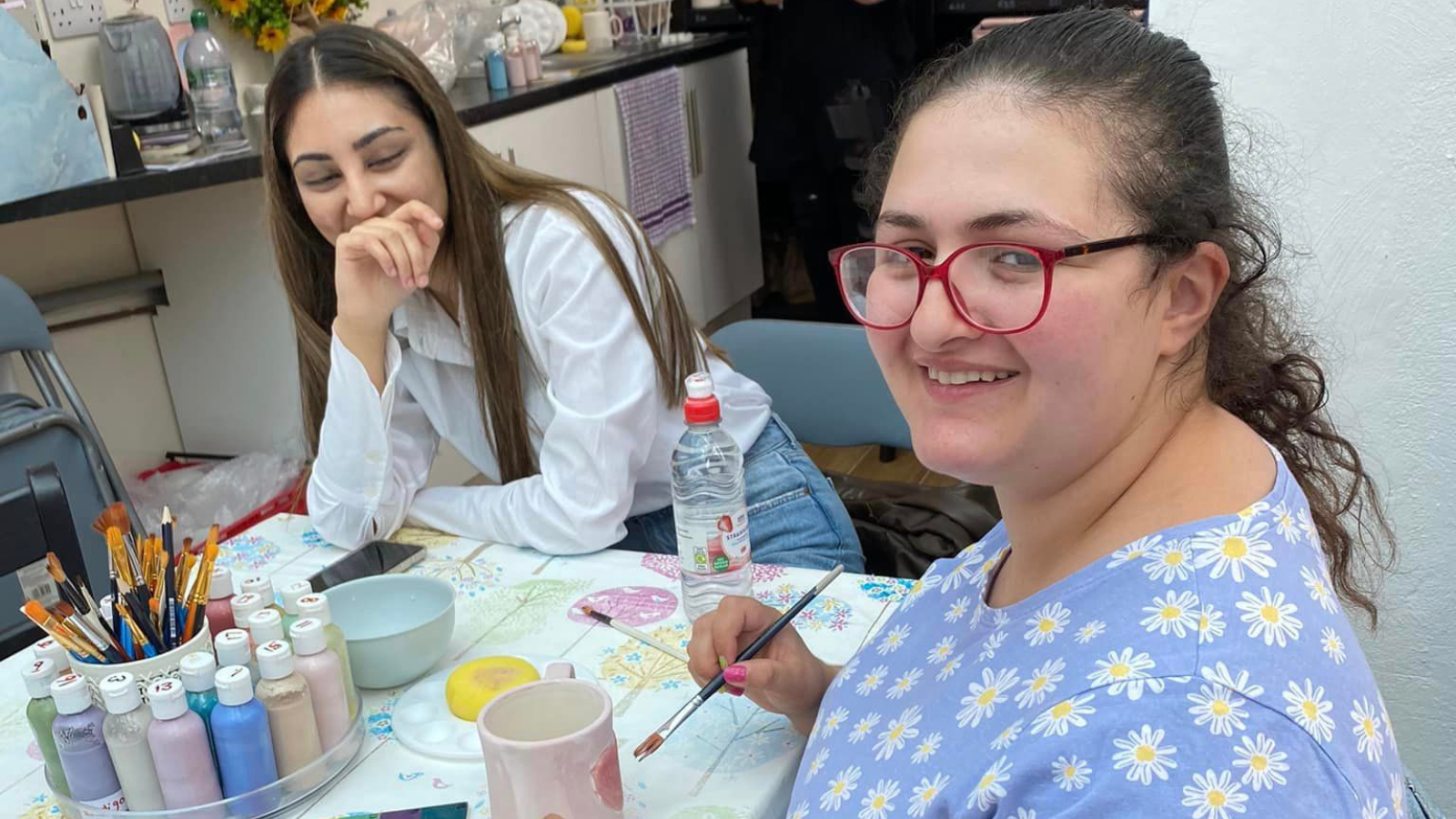
The NDTI Small Supports Programme addresses the institutionalisation of people with intellectual disabilities, autism, and complex needs by supporting communities to set up small, local organisations that provide personalised, community-based care. These organisations remain small to ensure close, meaningful relationships and deliver tailored support that empowers individuals to live independently and be part of their communities. The programme provides guidance on business planning, securing funding, and training staff in person-centred care. By collaborating with local social and health services, the programme ensures these organisations can support people effectively. In the past 18 months, six new support organisations have been established, and the results indicate that these organisations not only offer improved support but also represent a significant investment in the local economy and benefit local social services and health services budgets.
